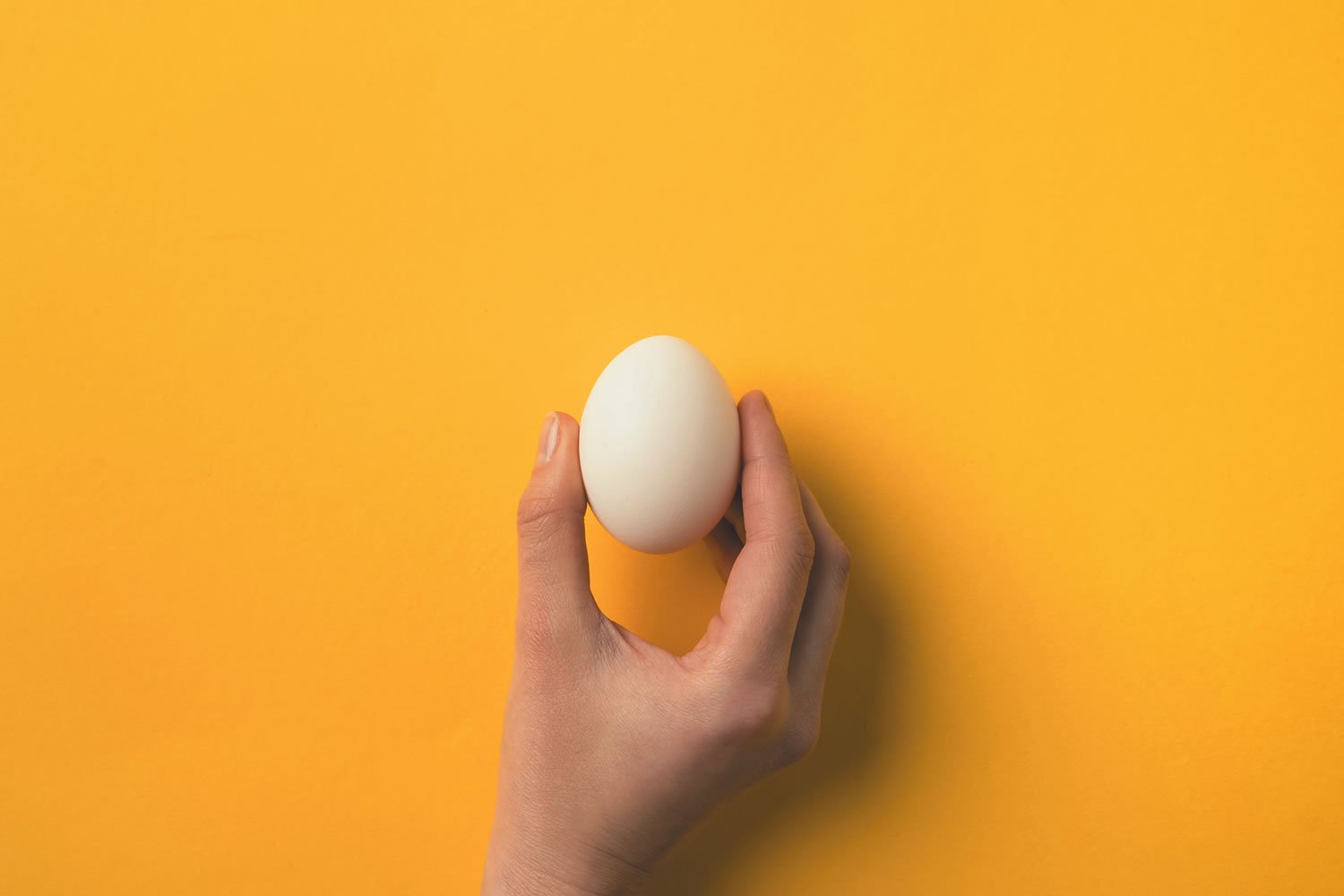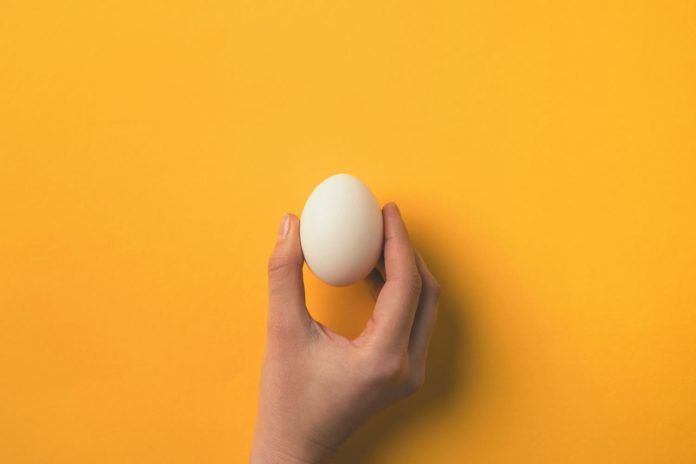Image © LightFieldStudios | Getty Images

If you Google “natural remedies for high cholesterol” you will get millions of hits. As you scroll through them, you’ll see that what “natural” means is in the eye of the beholder. For many people, natural means dietary supplements or “superfoods” thought to have special cholesterol-fighting properties. But in the end, based on good-quality science, the “natural” remedy for high cholesterol is sustained lifestyle change.
“Weight loss if you’re overweight and changing your diet can actually decrease your LDL significantly, but it does require dedication and motivation,” says Hanna Ahmed, MD, MPH, a cardiologist at Tufts Medical Center.
The bottom line is that it’s the total package of foods and nutrients that help to maintain a healthy cholesterol profile and prevent heart disease, as opposed to eating specific foods, vitamins, minerals or herbs to tweak your cholesterol. And of course a healthy lifestyle also has additional benefits, including lower blood pressure, maintaining a healthy weight and reduced stress.
Healthy Fats: Research by Tufts’ nutrition scientists and others has helped to establish that shifting to a healthier profile of fats in your diet can have a potent effect on LDL and total cholesterol and lower your overall risk for heart attack, stroke and other forms of cardiovascular disease.
“Eating more unsaturated fats from foods like nuts, plant oils and fish lowers blood levels of the ‘bad’ cholesterol and increases the ‘good’ HDL cholesterol,” says Dariush Mozaffarian, MD, DrPH, dean of Tufts’ Friedman School and editor-in-chief of Tufts Health & Nutrition Letter. “These foods also have other beneficial nutrients that likely lower cardiovascular disease, making it a win-win for health.”
But the solution is not to completely ban red meat, butter and other sources of saturated fat, or starches that raise VLDL cholesterol (another type of cholesterol that increases heart attacks). The idea is to shift the balance toward unsaturated fats from plant oils like soybean, corn and olive, as well as from nuts and fish. The weight of the evidence is more on the side of replacing with polyunsaturated fats as opposed to monounsaturated, although both are associated with lower cardiovascular risk.
And remember that when substituting carbohydrates for saturated fat, make sure they are not refined grains and added sugars. For carbohydrates, the best choices are whole grains, which should make up at least half of your total grains, as well as fruits and beans.
Fish Oil: Fish oil supplements are popular but have little effect on LDL, although in sufficient doses fish oil supplementation can lower triglycerides (a marker of VLDL) if your levels are elevated. There is a lack of evidence that fish oil supplements prevent heart disease in otherwise healthy people.
A 2017 American Heart Association (AHA) Science Advisory left the door open for people with existing heart disease to take fish oil to possibly lower their risk of death, second heart attacks or other problems. However, fish meals as part of an overall healthy diet are associated with lower risk of cardiovascular disease across the board.
The AHA recommends eating at least two 3.5-ounce (cooked) servings of seafood per week, preferably the varieties of fatty fish highest in omega-3s—salmon, mackerel, herring, lake trout, sardines and albacore tuna.
Some of the benefit may come from what you don’t eat when choosing fish. Fish may replace options such as fatty meats, starchy foods or fried foods that are high in saturated fat. Again, it’s all about the healthy eating pattern, not lionizing (or demonizing) individual nutrients.
Fiber: Whole grains contain fiber, which does have a moderate effect on blood (serum) cholesterol. The FDA allows several foods high in soluble fiber—that is, fiber that dissolves in water—such as oats, psyllium and barley, to carry a health claim for cholesterol benefits.
But have realistic expectations if you switch to whole oats for breakfast. The effect of soluble fiber on cholesterol is not dramatic. A meta-analysis of 67 clinical trials found that 2 to 10 grams per day of soluble fiber had a small but measurable effect on LDL cholesterol. Daily intake of 3 grams soluble fiber from either 3 apples or 3 bowls (28-gram servings) of oatmeal can decrease total cholesterol by 5 milligrams per deciliter.
It used to be that when people wanted to watch their cholesterol, they limited their consumption of eggs. Older guidelines said to limit dietary cholesterol to 300 milligrams per day, and a single egg contains more than half of that.
But that has changed with more research. Eggs do contain cholesterol, but it does not appear to contribute that much to your blood (serum) cholesterol or to your overall risk for heart disease.
On the plus side, eggs are an inexpensive source of high-quality protein, unsaturated fatty acids, vitamins and minerals. In the context of your total diet, modest consumptionup to 5 to 7 eggs per weekdoesnt appear to raise cardiac risk in otherwise healthy people. But remember to forgo a side of bacon or sausage with your eggs, which could greatly reduce the benefit.

























This was a very helpful article. Do you have any suggestions for consumption of nuts when you have diverticulitis. It’s hard to completely chew up nuts. Granola is another similar problem. These are healthy helpful foods I would like to eat but can’t. Can you offer any suggestions.
Awesome newsletter!
The number of apples depends on their size. There is very good evidence that stanols and sterols supplements slightly lower cholesterol. They are also added to some food such as margarine. The FDA even allows a health claim. I am surprised that it was not mention. Why bash supplements when there is such strong evidence that at least one lowers cholesterol Also there is some evidence that artichoke extract lower cholesterol.
Thank your for the continued health advisories which have contribute much improved health over the years.
About 15 years ago, my doctor told me that my LDL was becoming elevated and that I should consider taking a statin. I don’t like to take pills I don’t need, so I asked him whether there was another way to lower my LDL. He suggested, “Cut out all animal fats except salmon.” I love fish, and decided to try it. I ate other fish besides salmon, such as tuna. I cut out butterfat (difficult—I love cheese!) and, originally, eggs. Baked goods were a thing of the past. But by a year later, my LDL number was down 50 points, well below 100. I’ve loosened up a bit over the years—I now eat eggs, white meat poultry, and pork loin. And between Thanksgiving and Christmas, I go off the diet and eat pretty much whatever I want to. I am obese, and, unfortunately, my weight hasn’t changed; but 15 year later, as I turned 80, my LDL is still under 100. And I don’t need to take a statin.
Please publish some good sardine recipes!